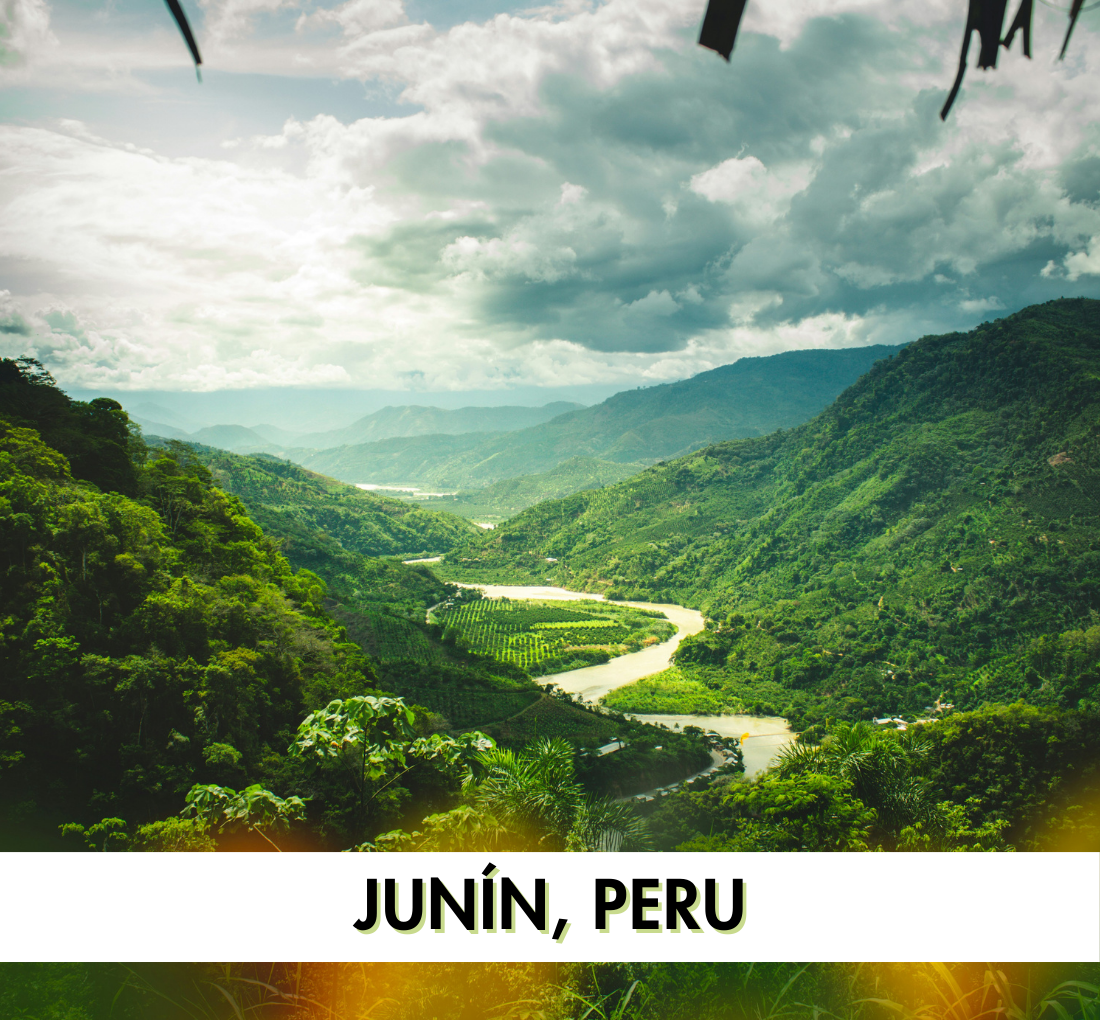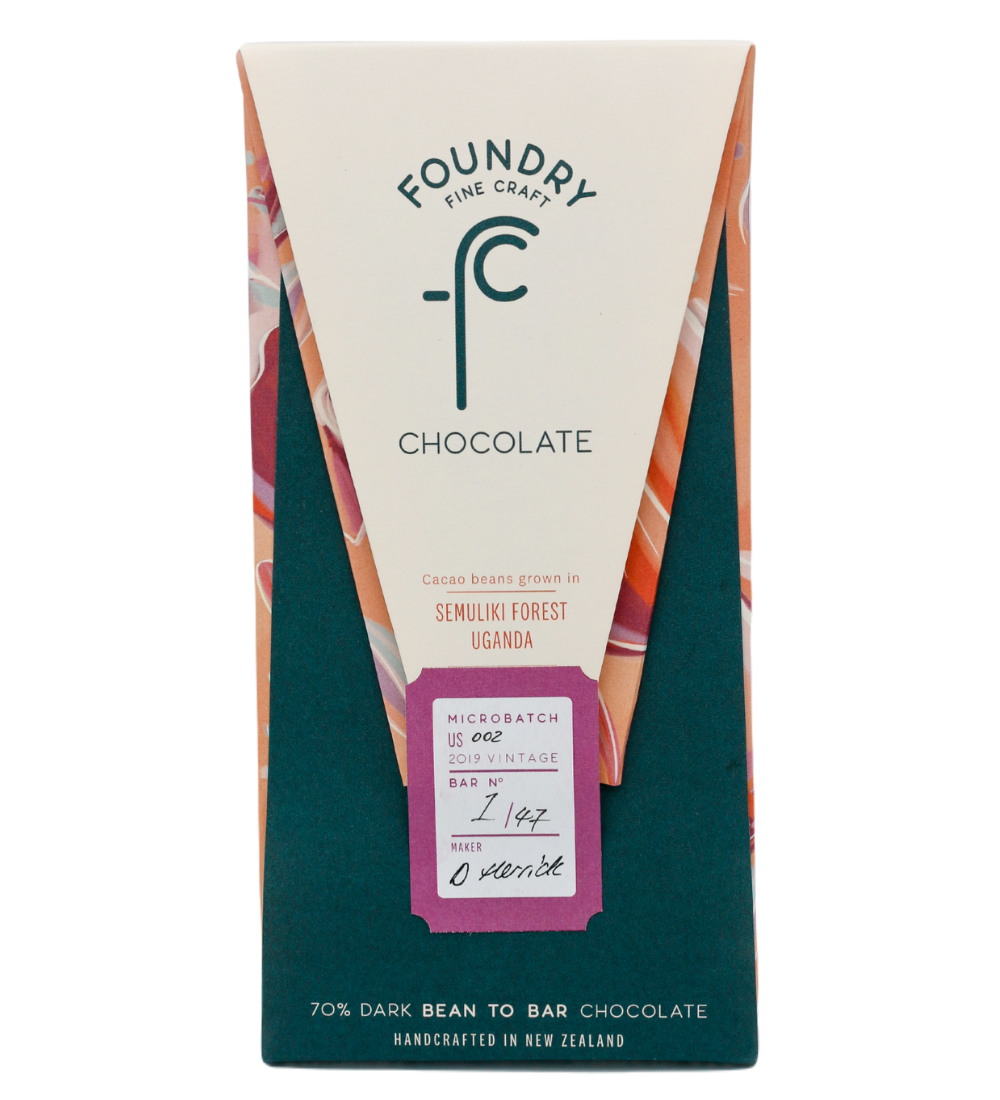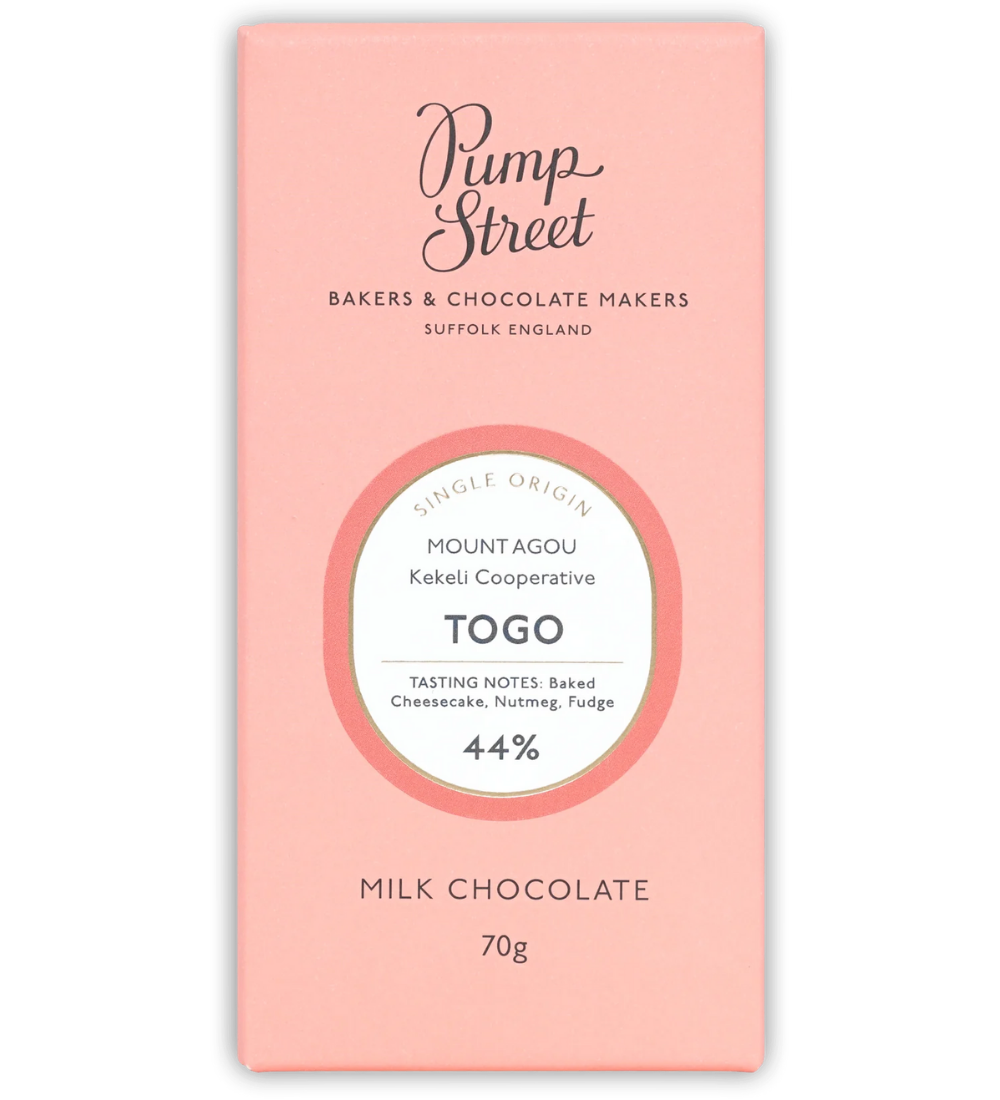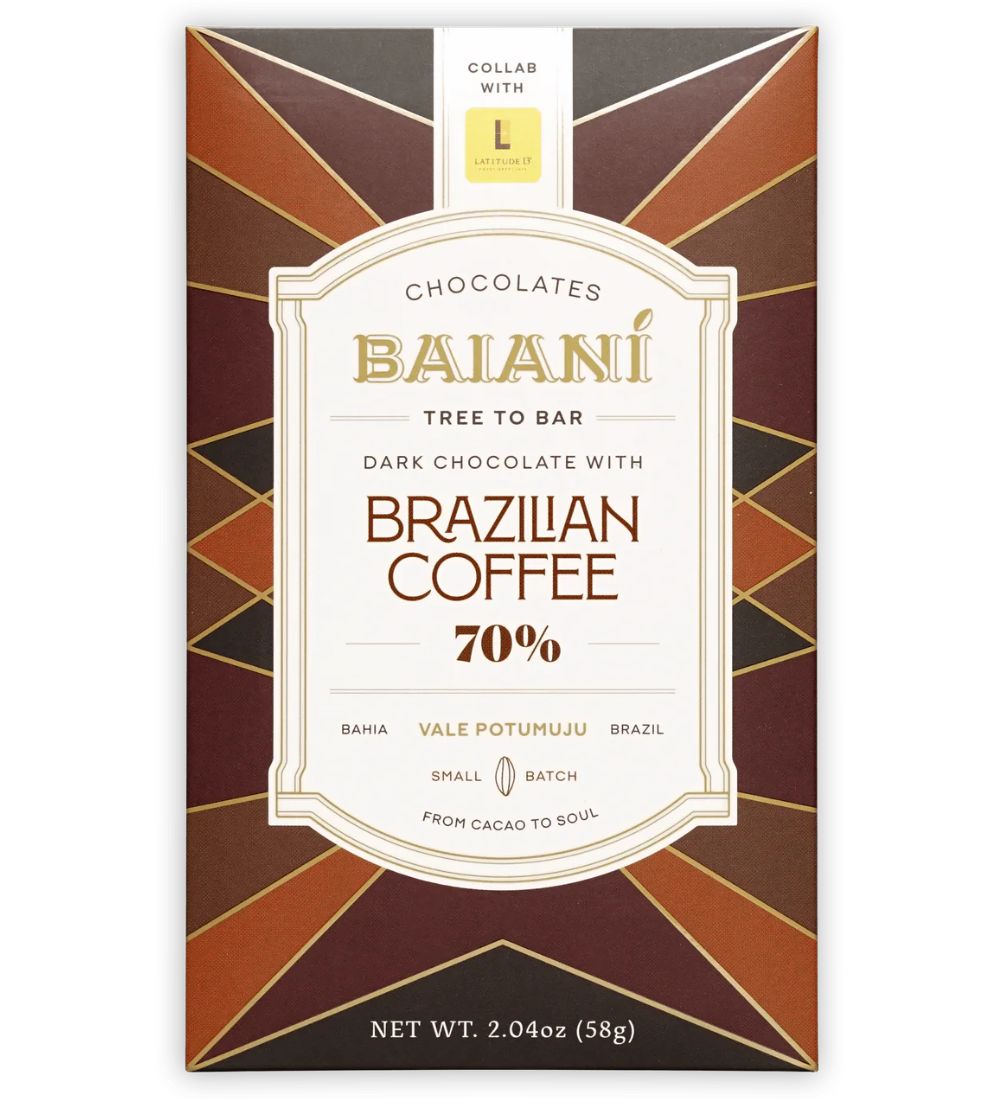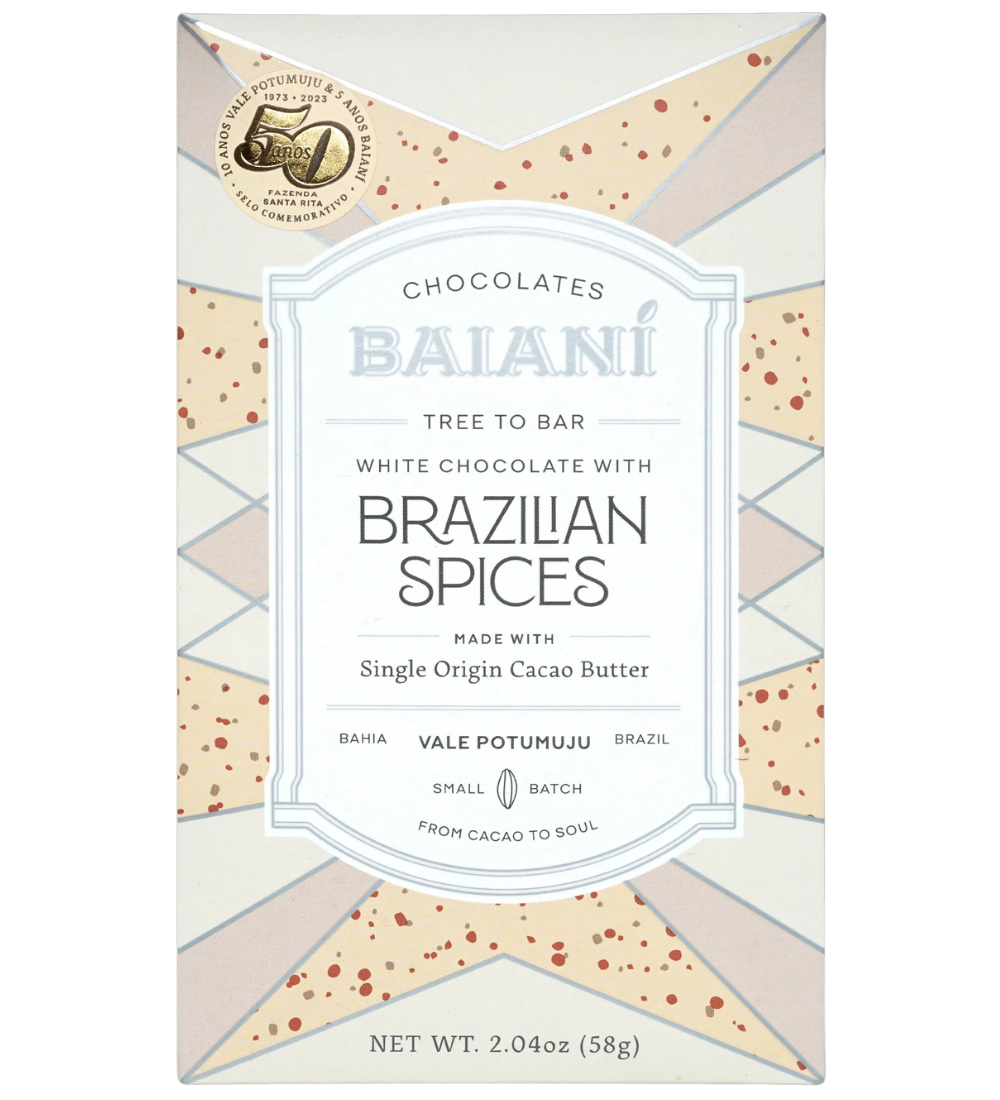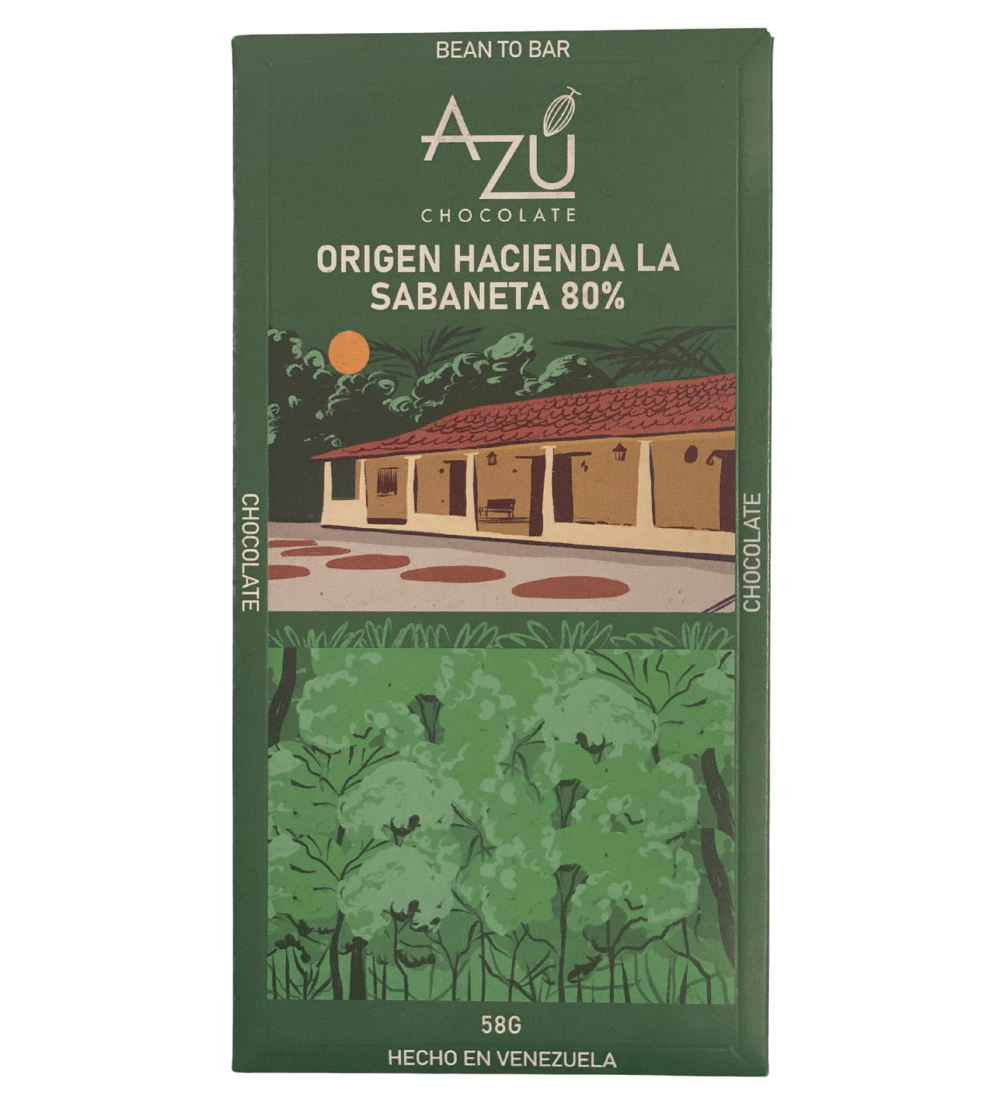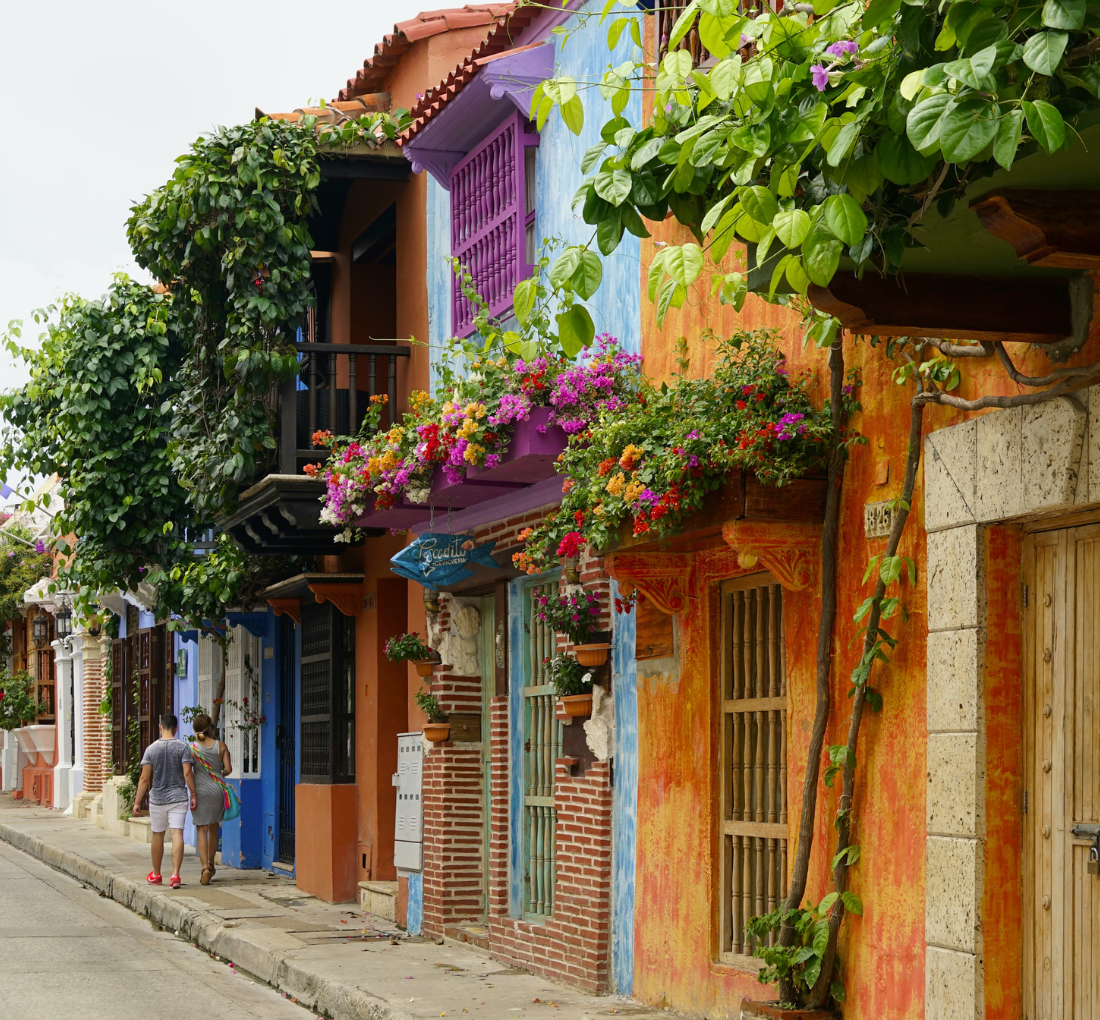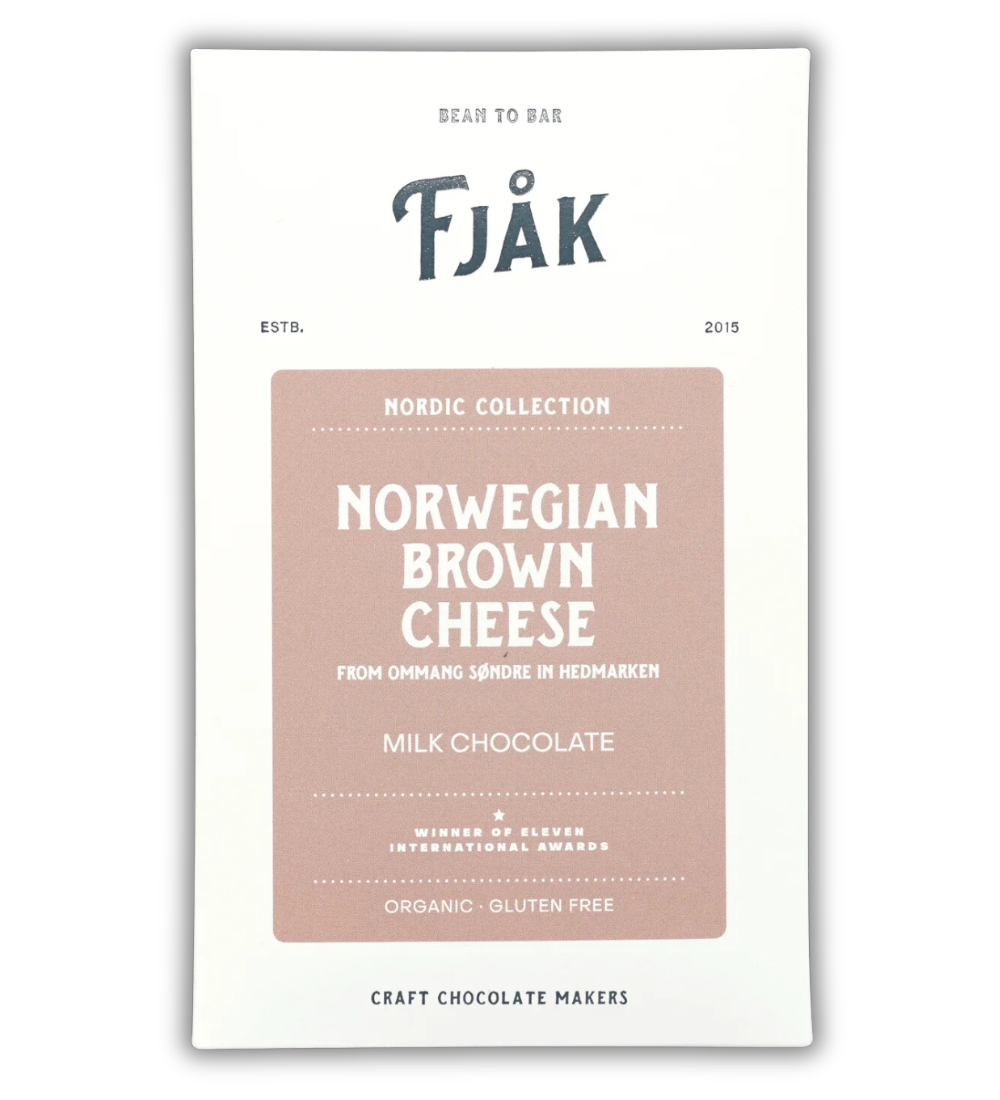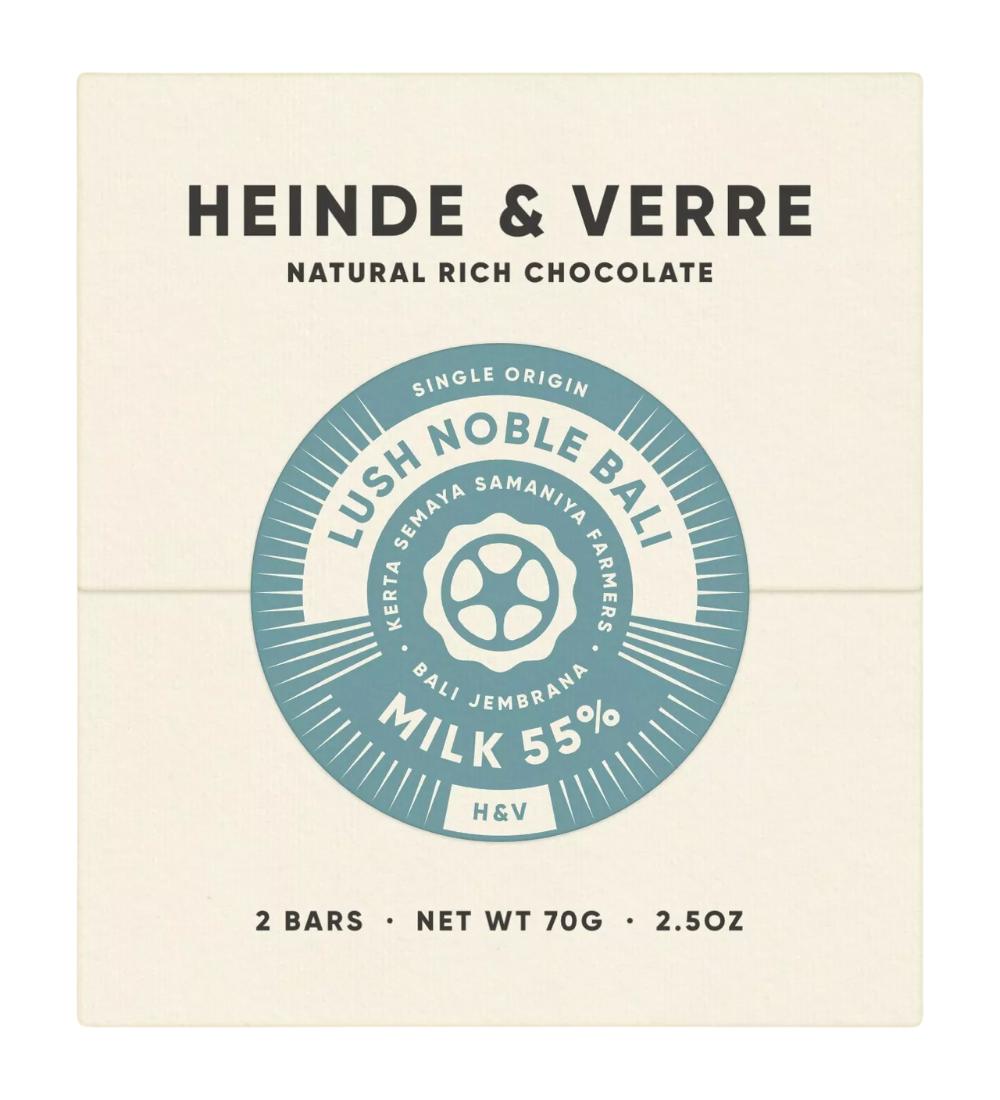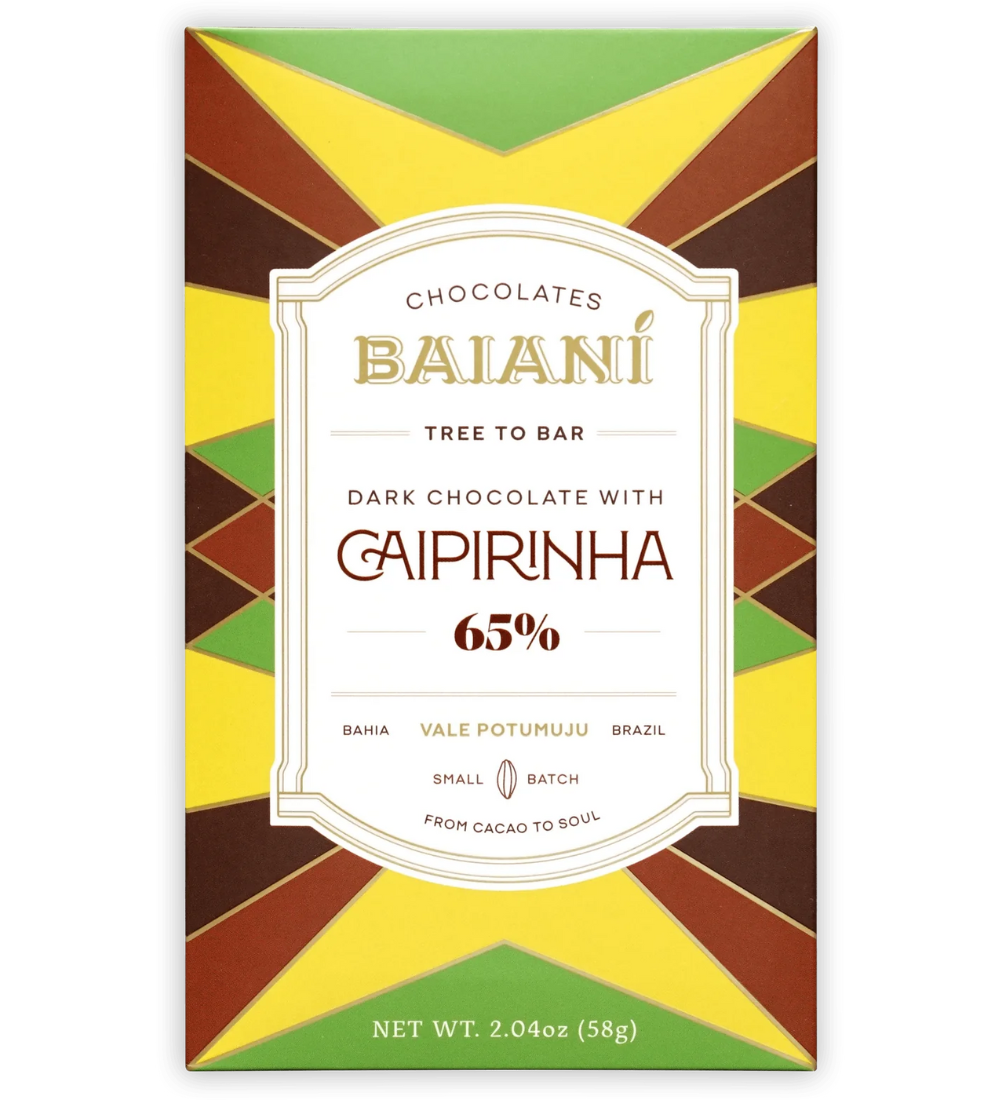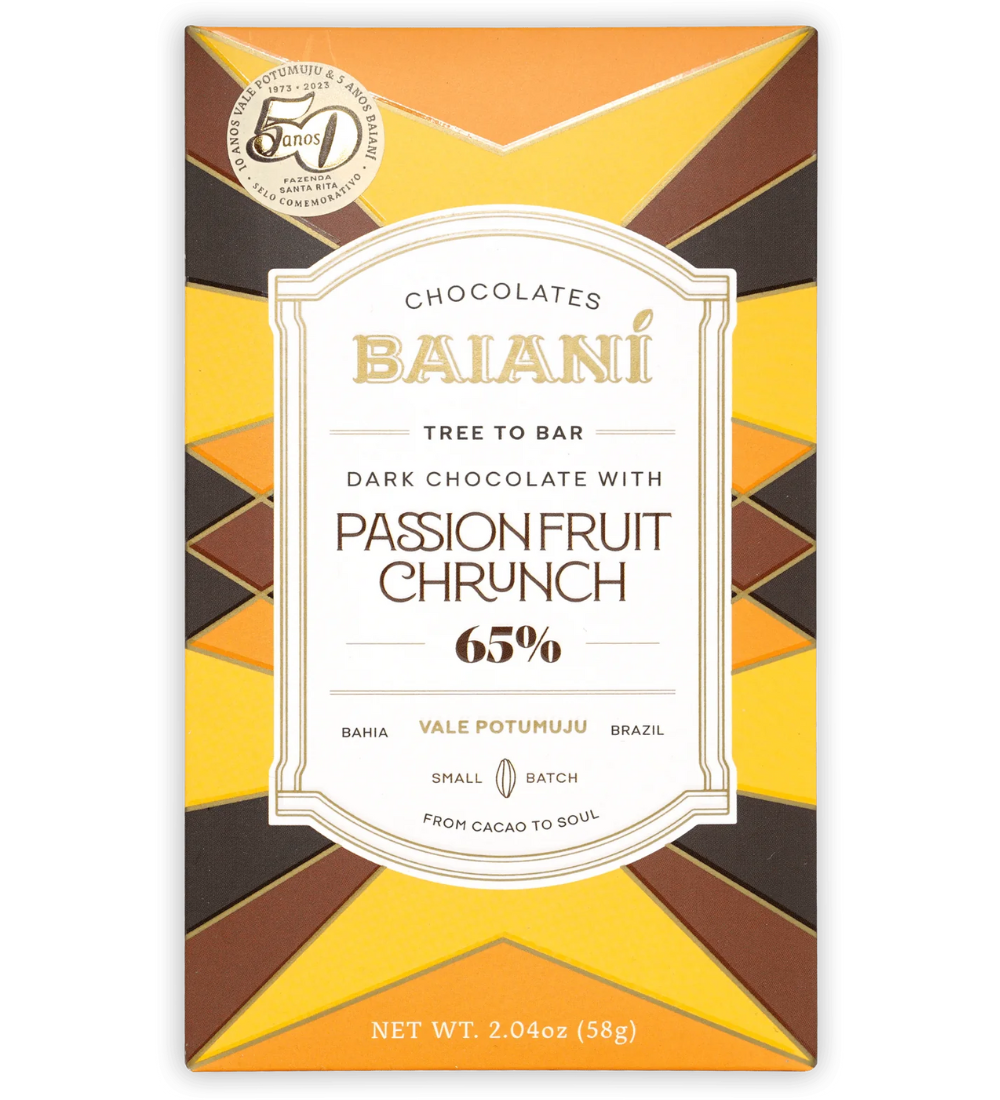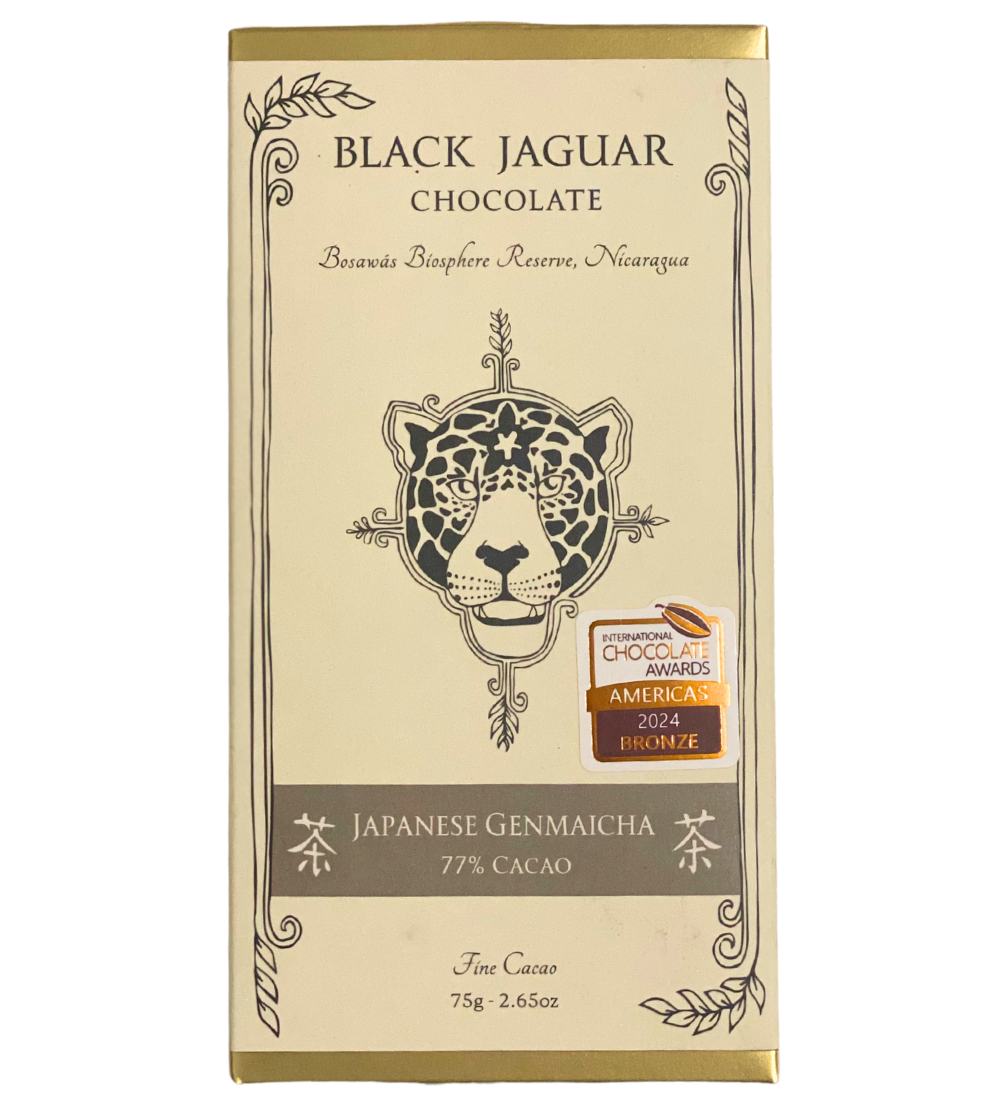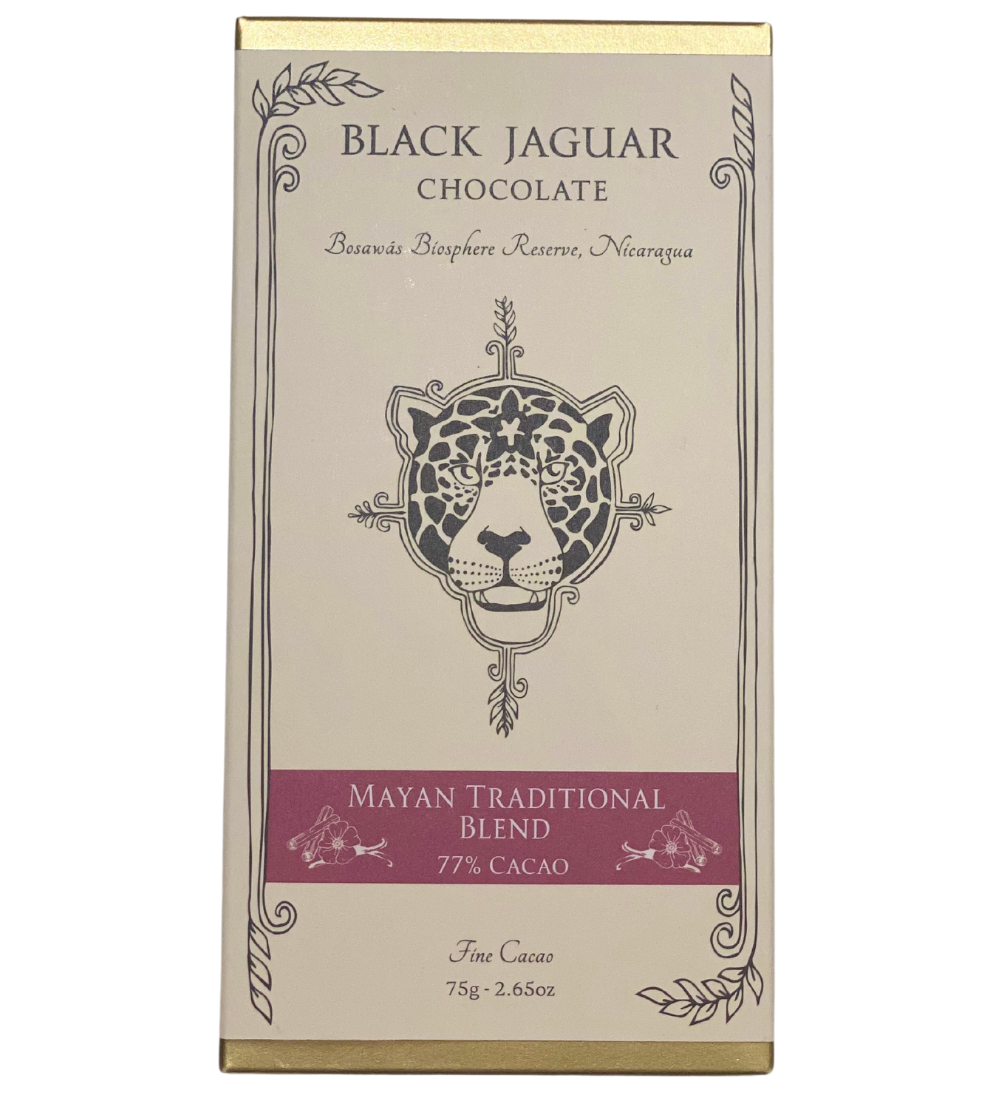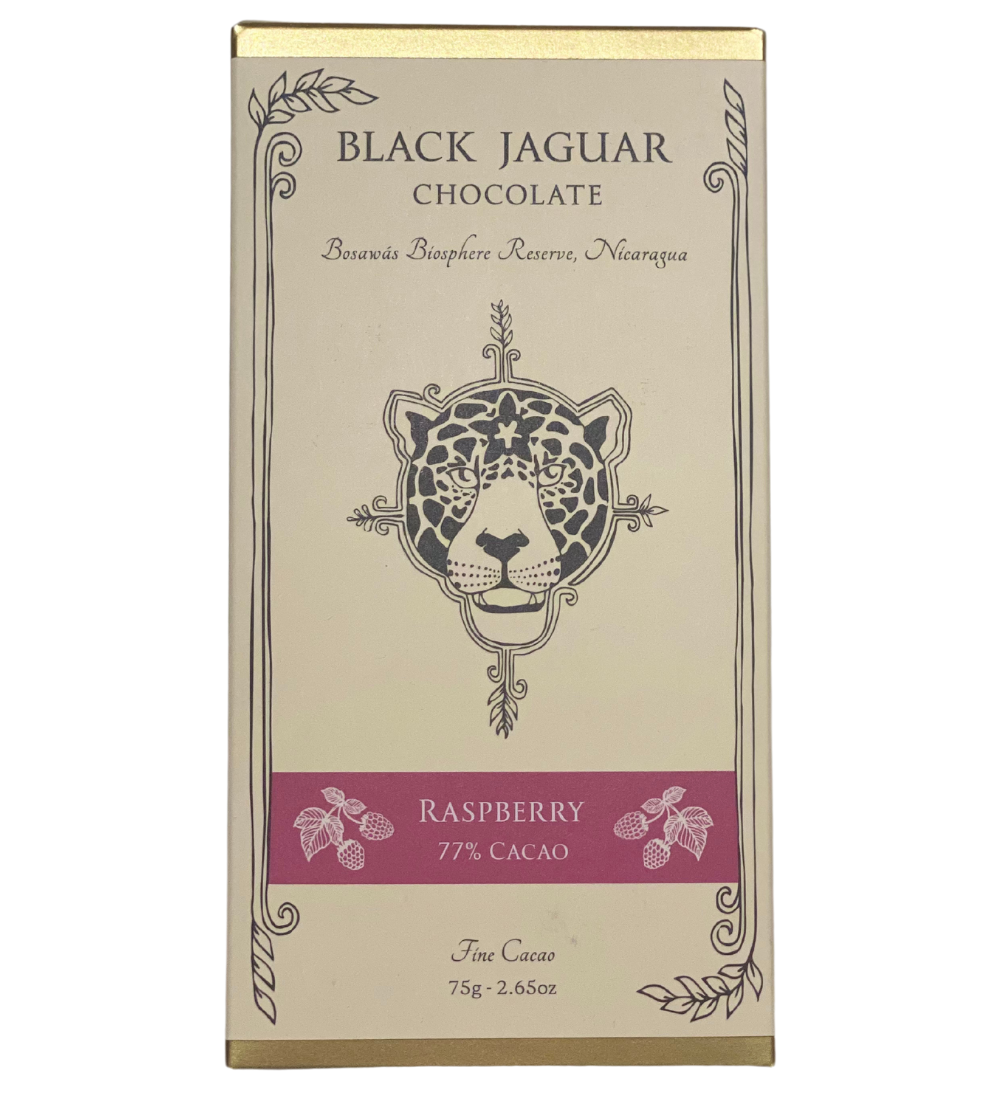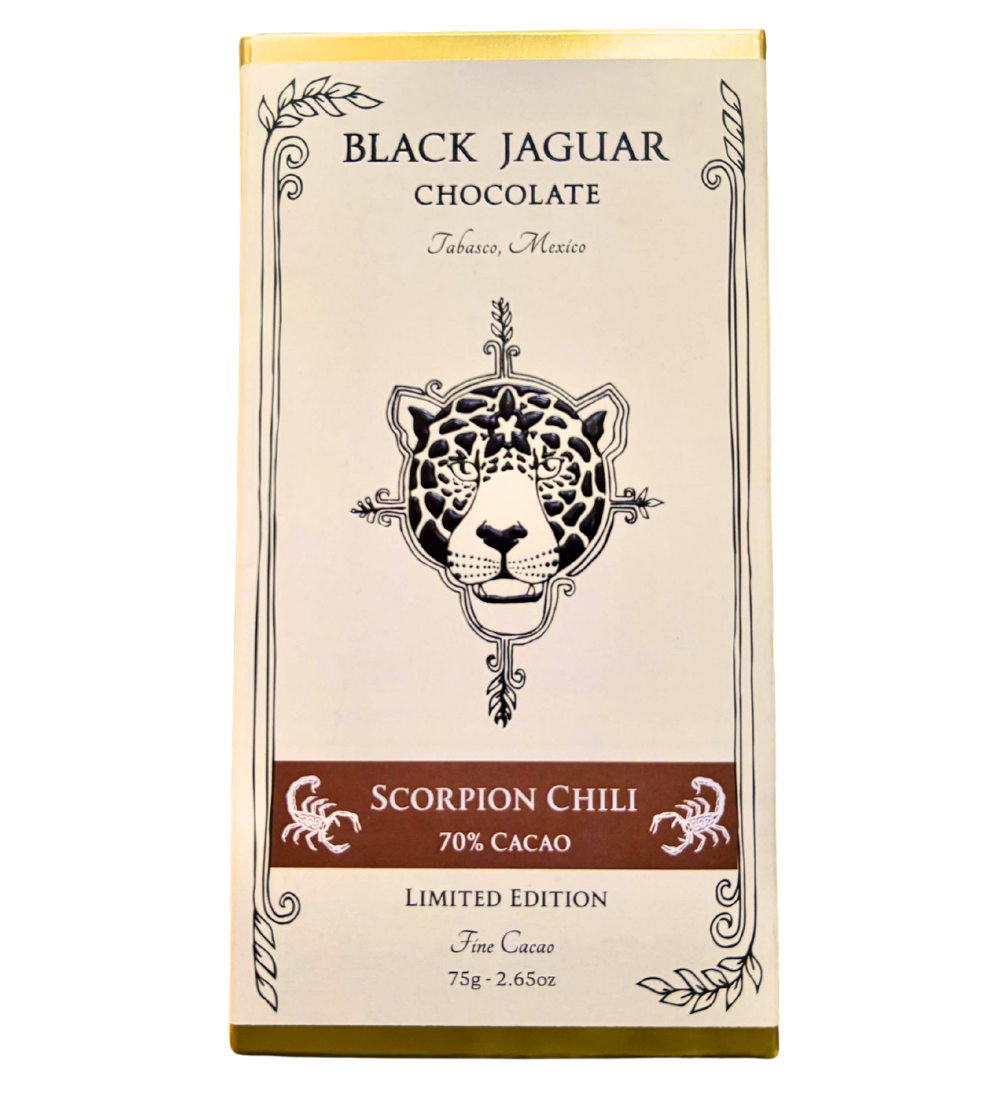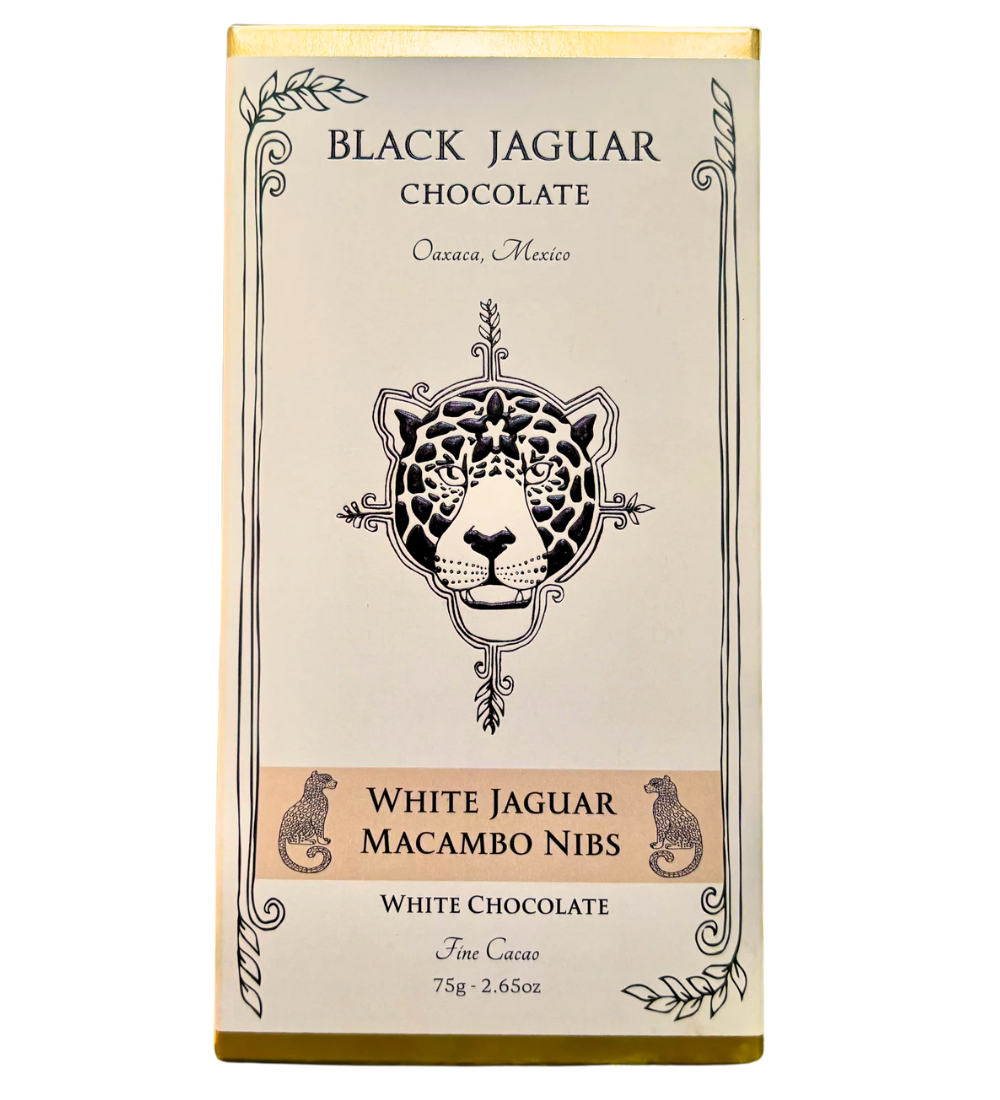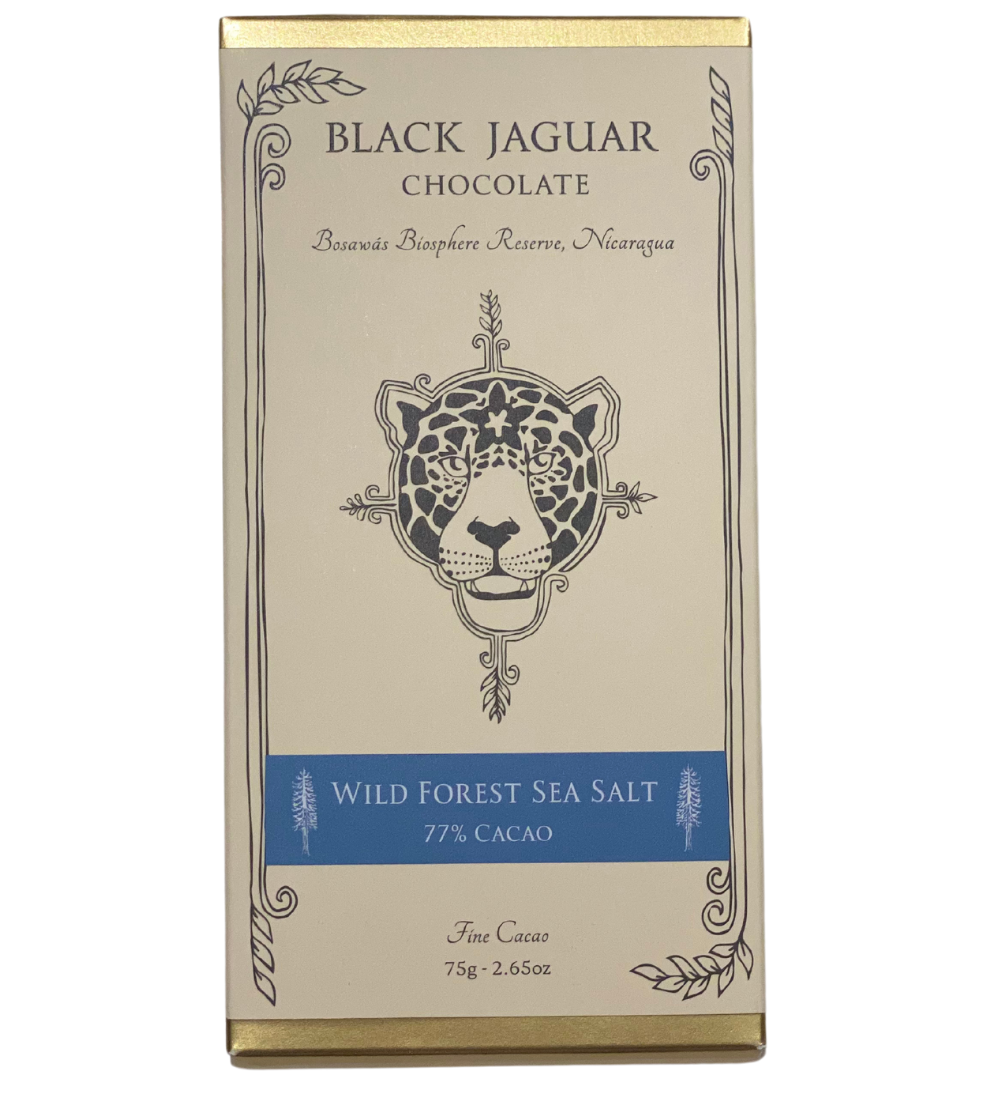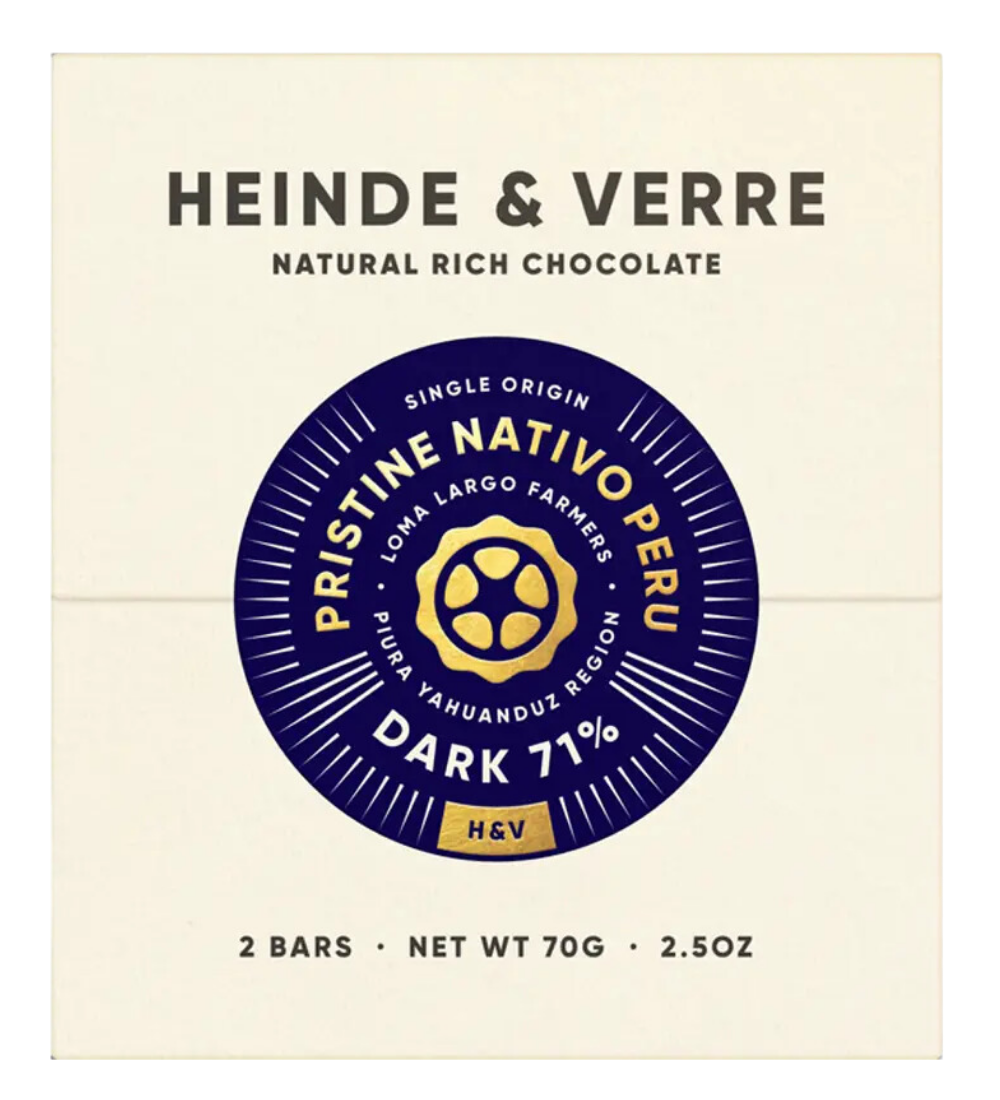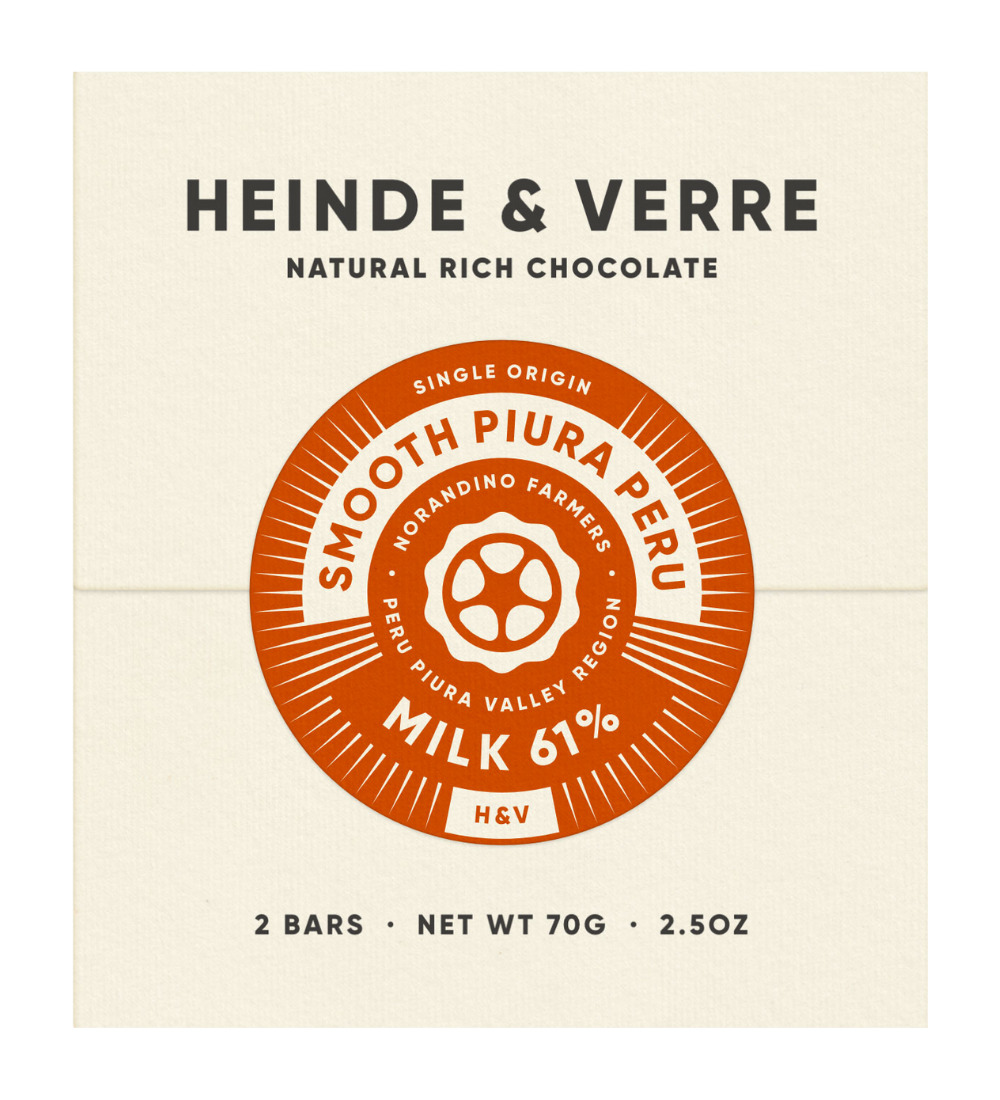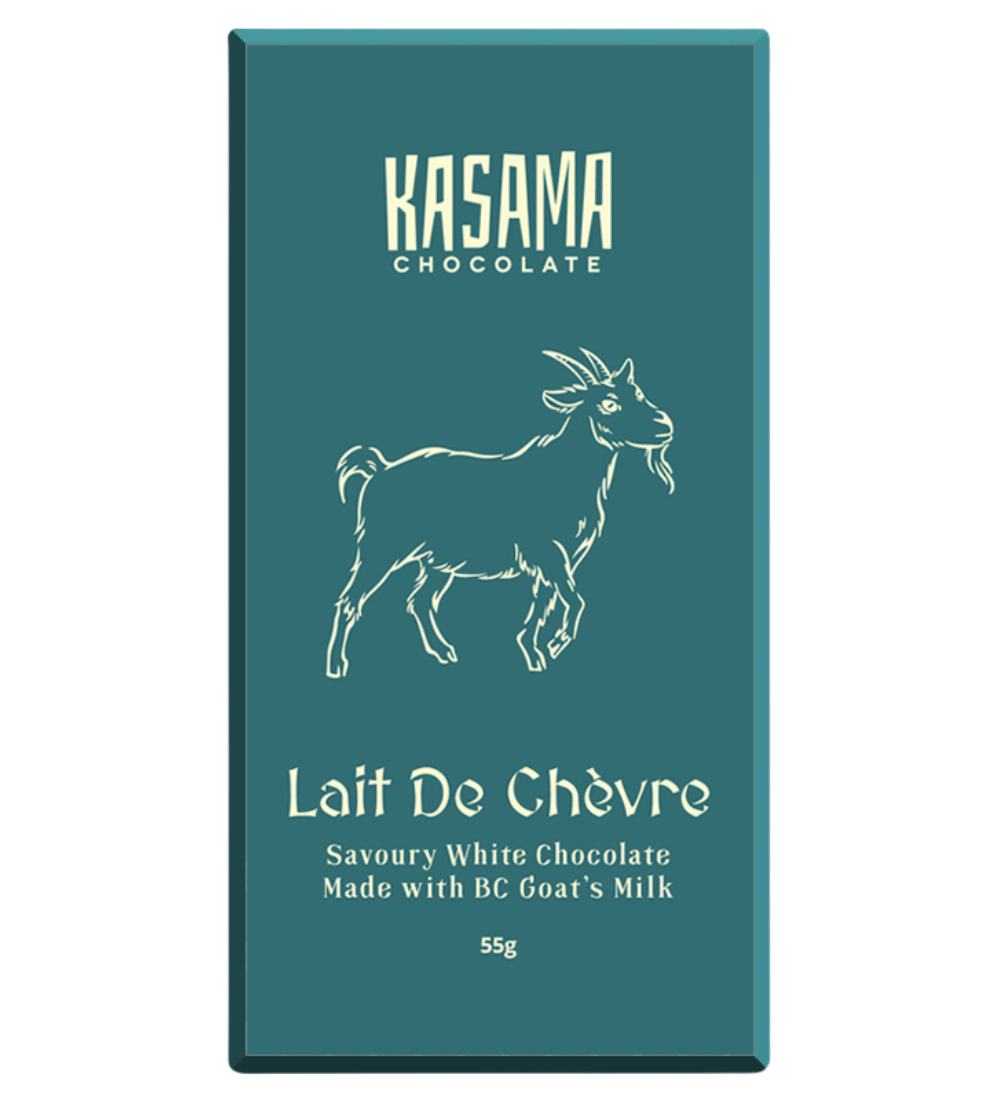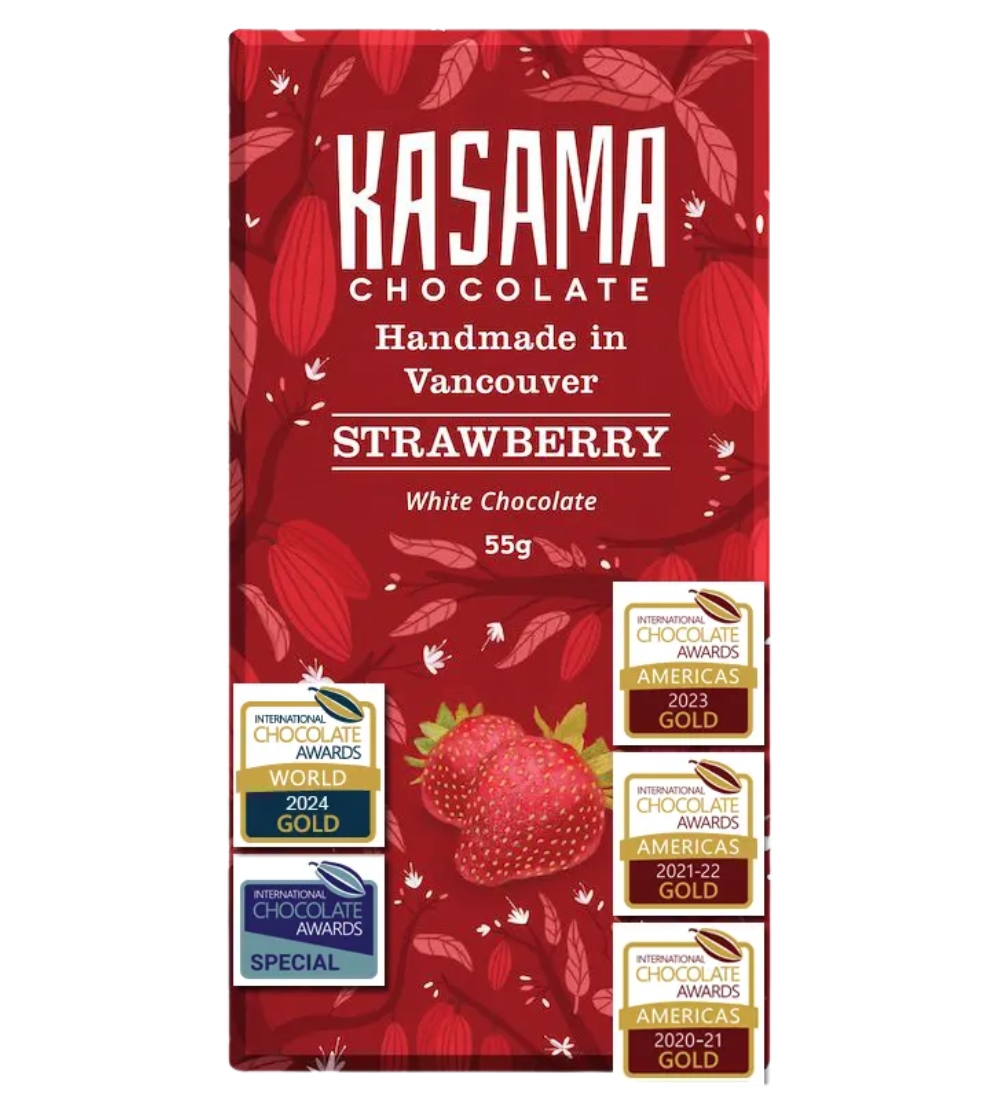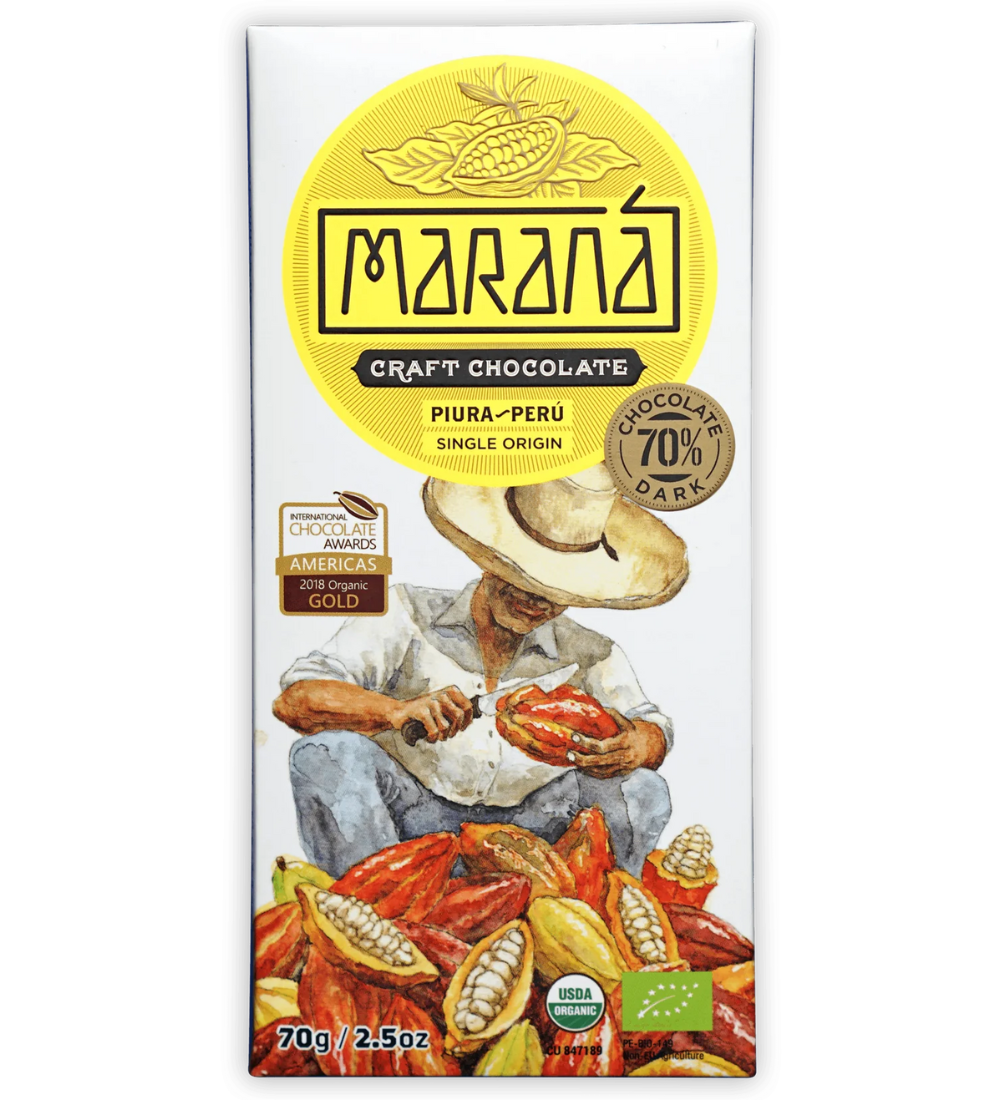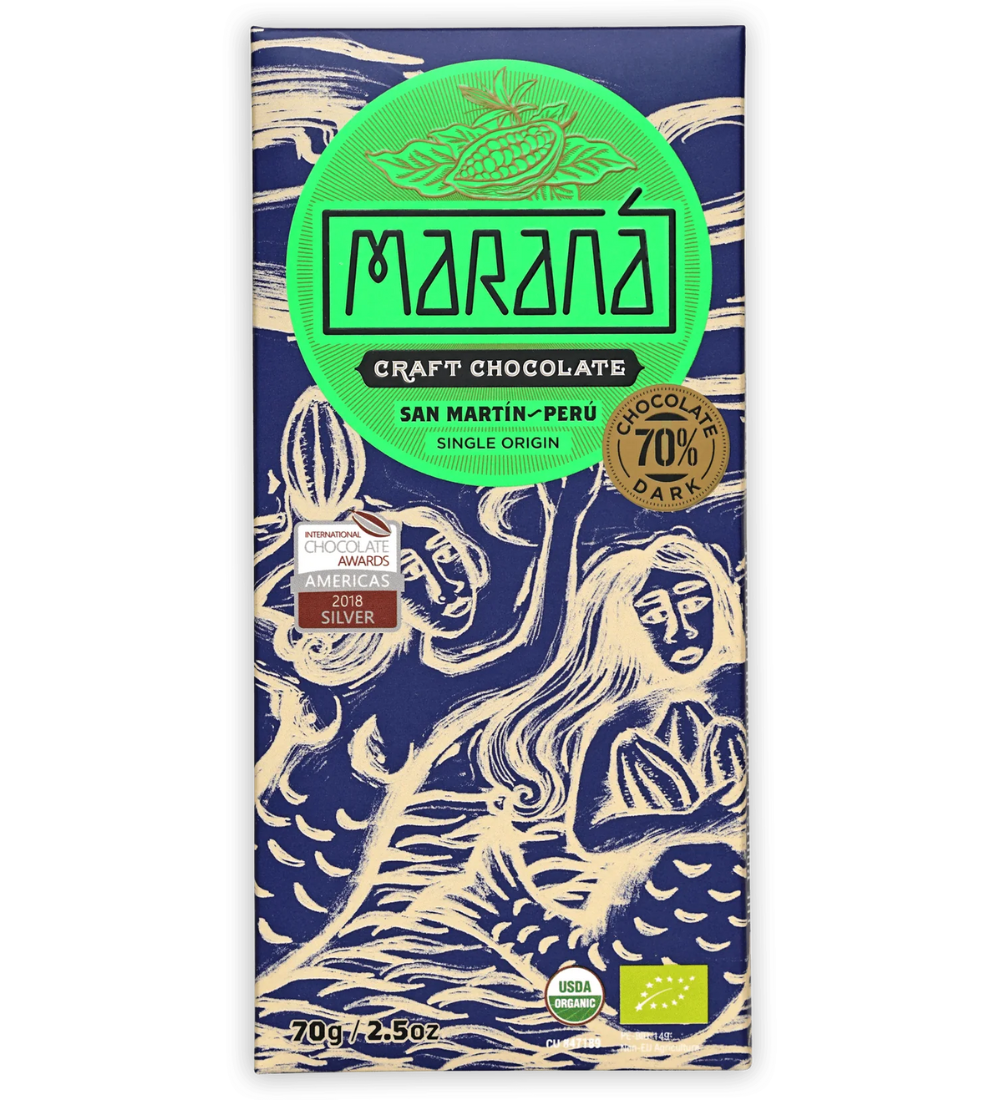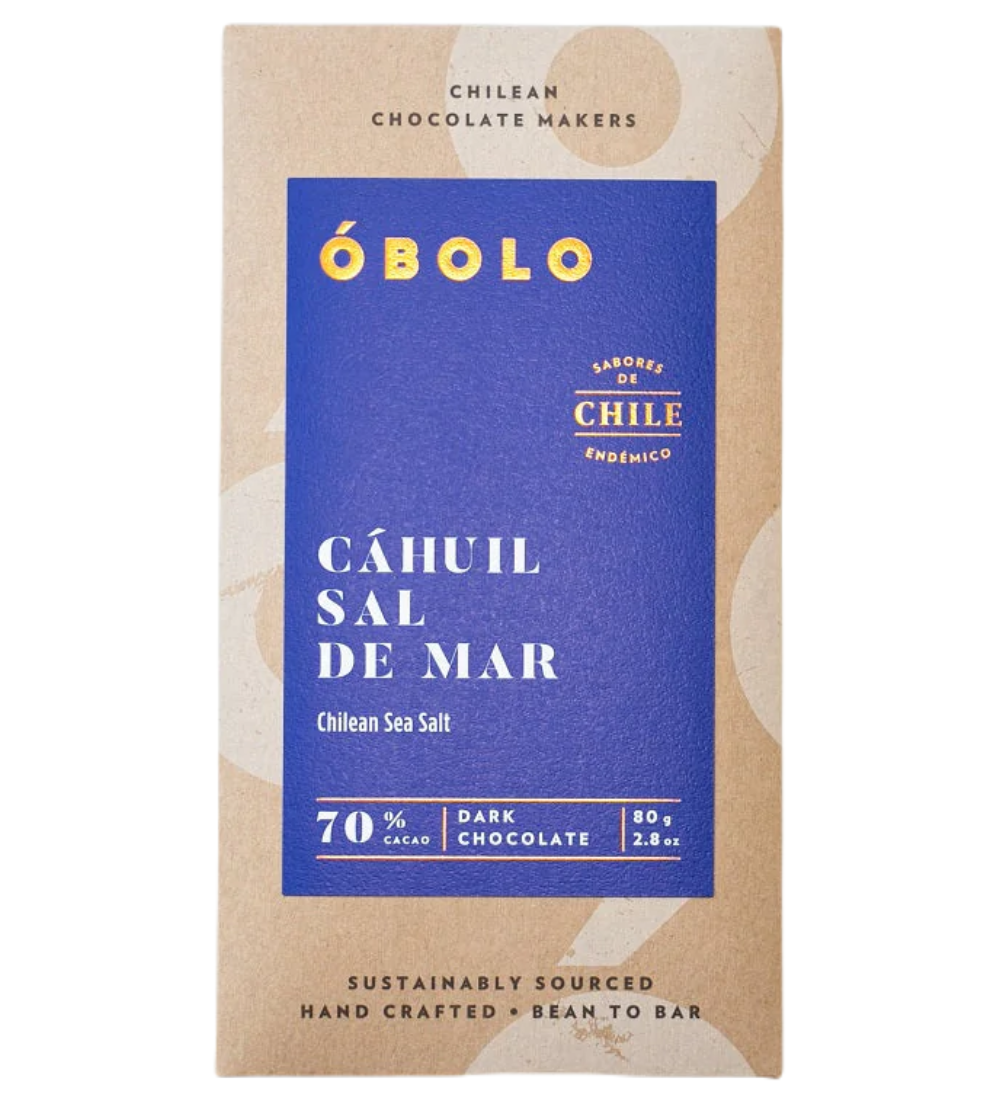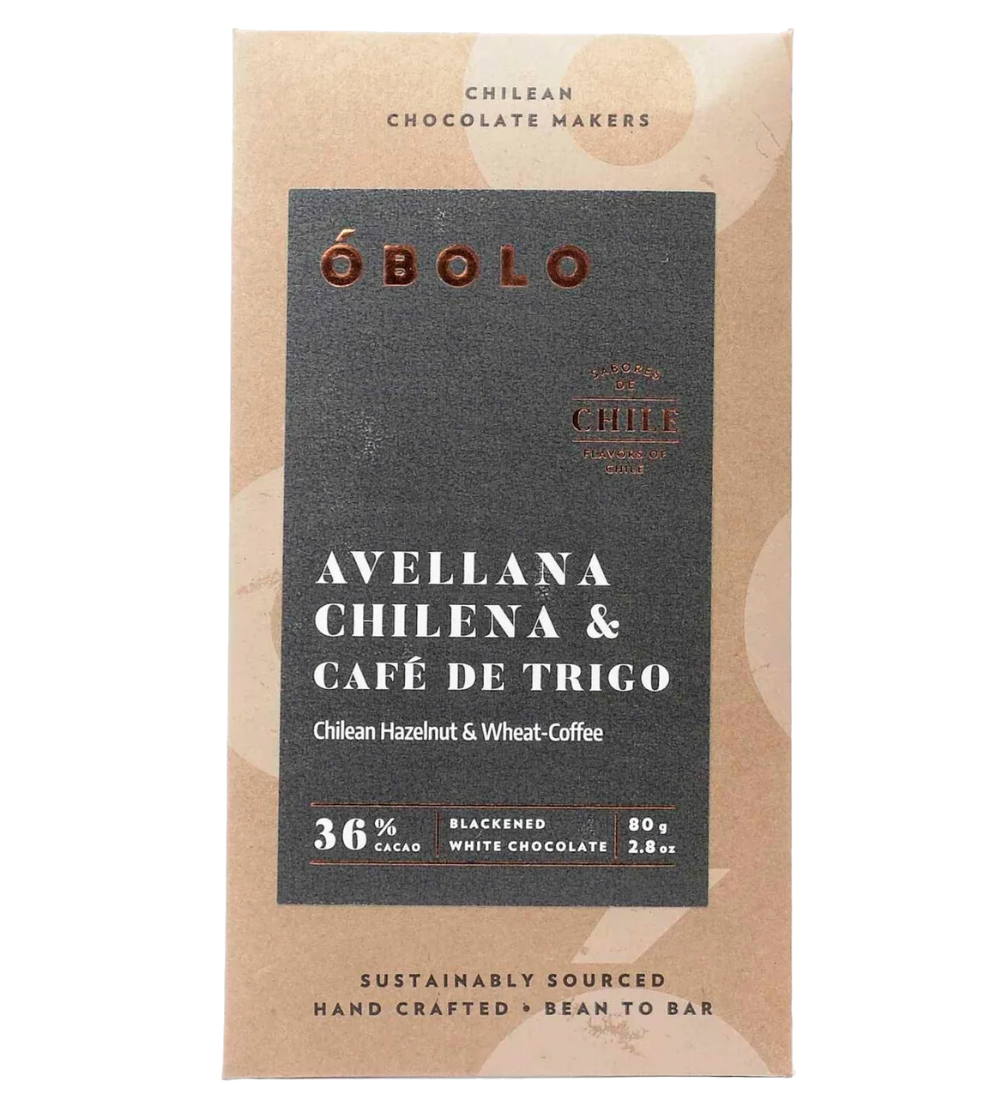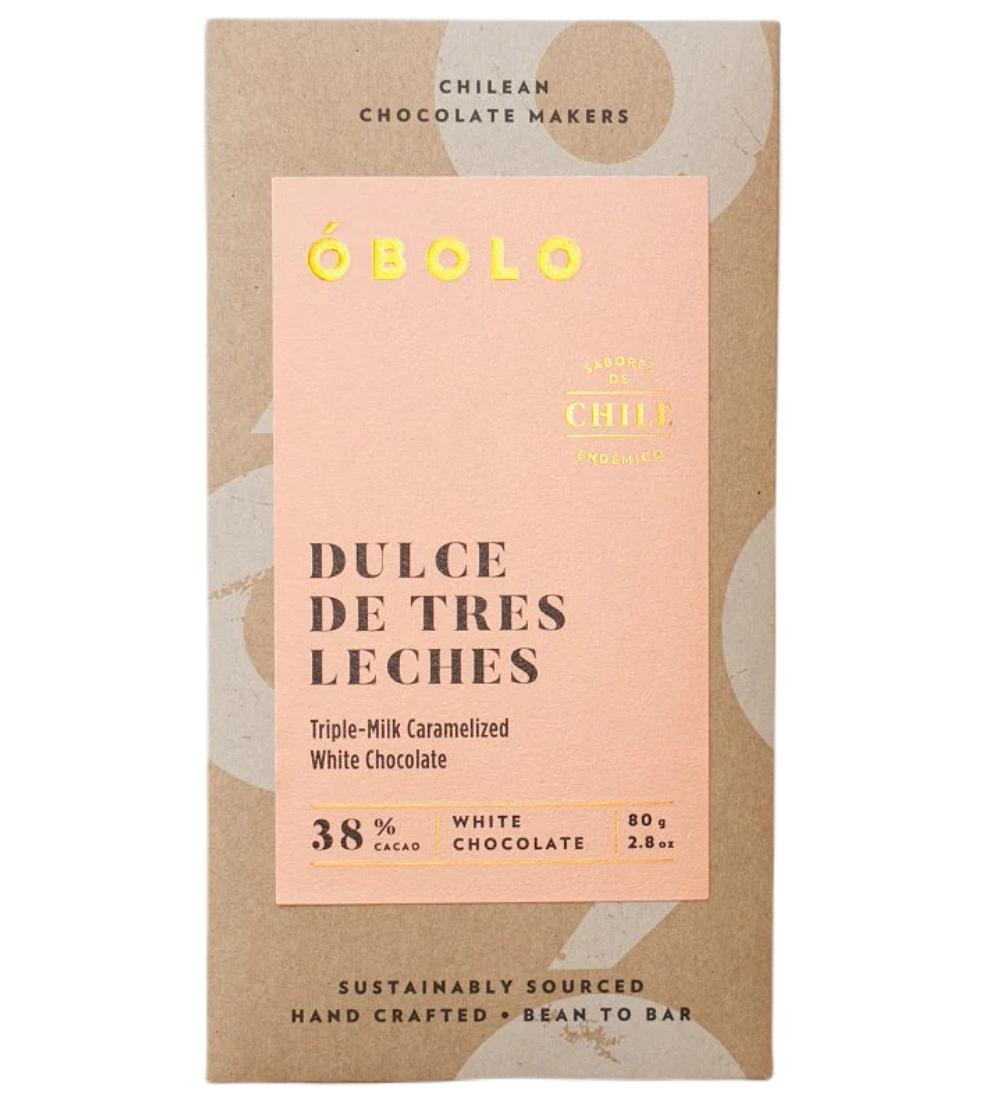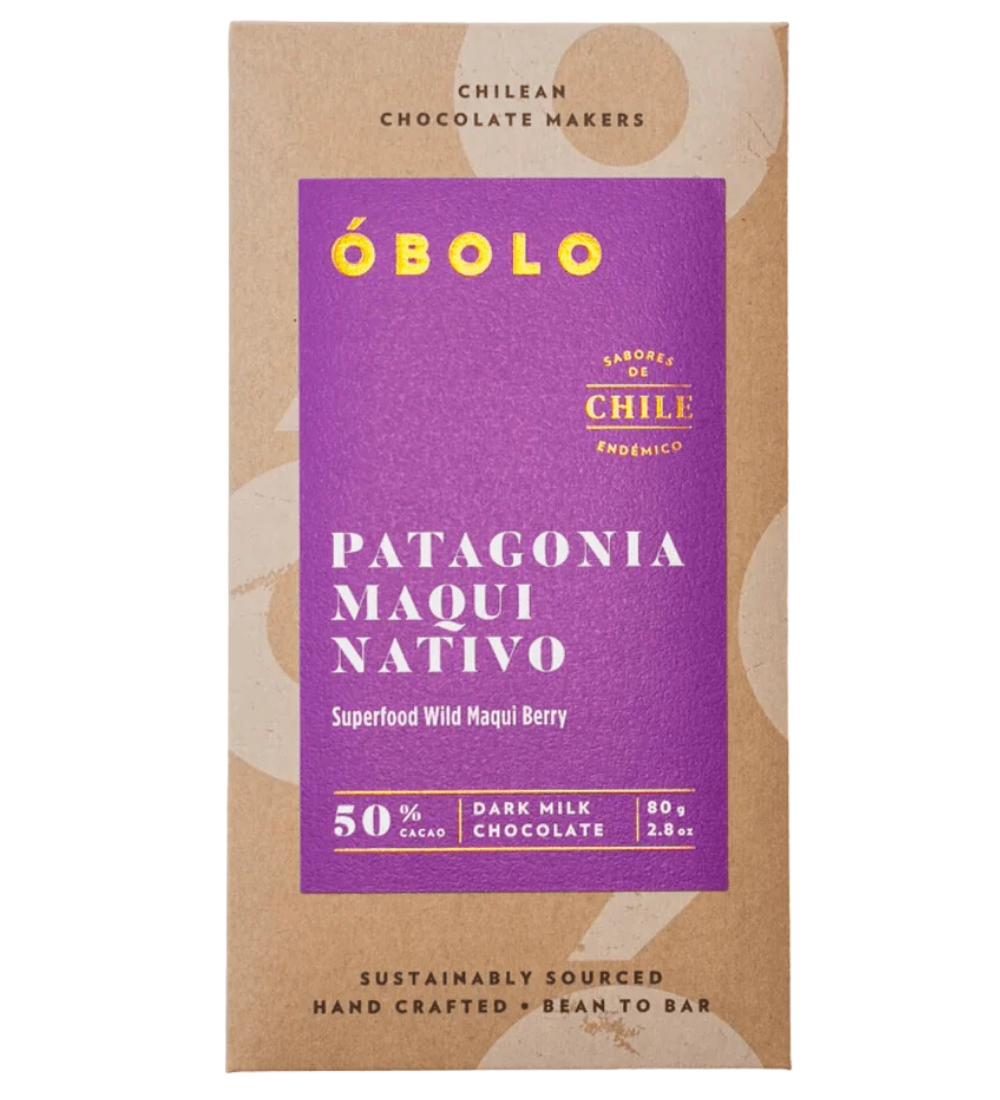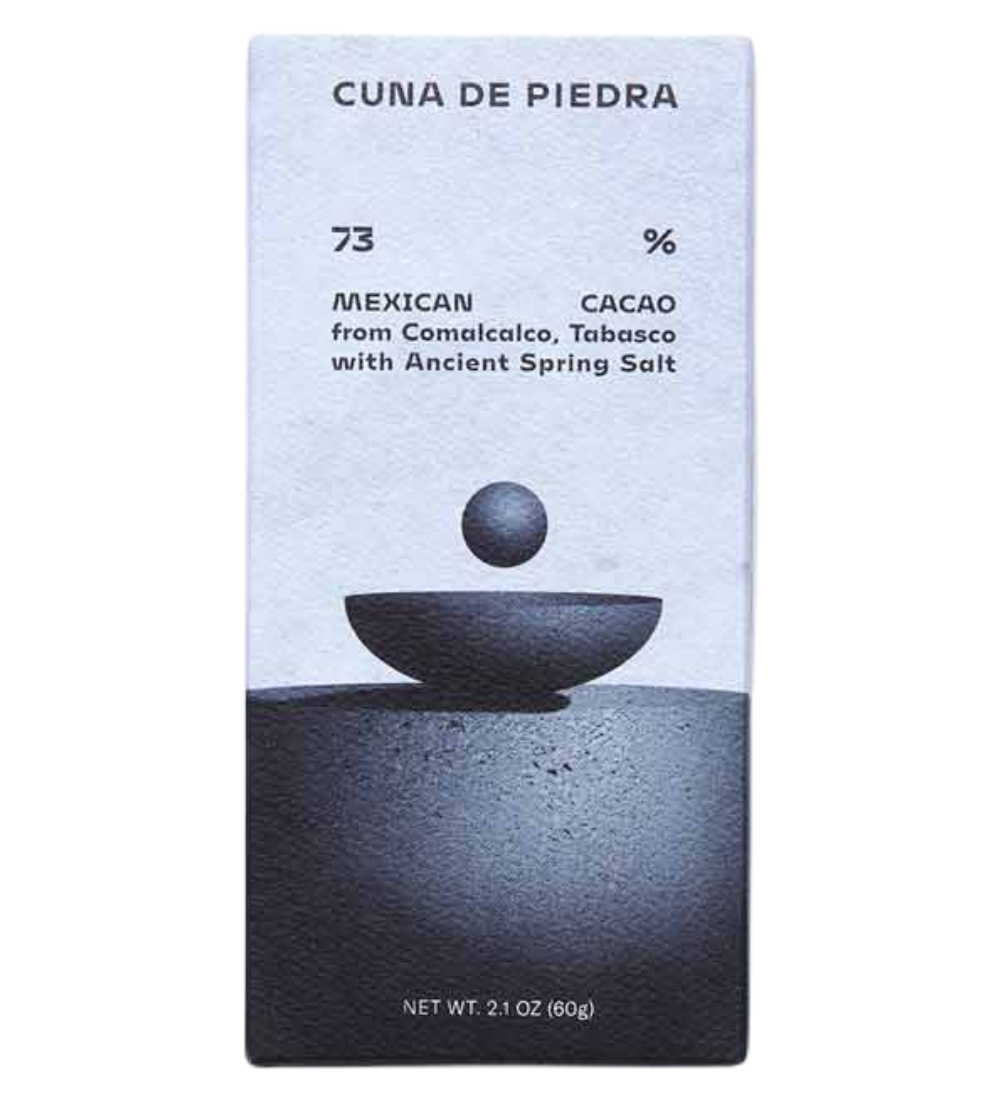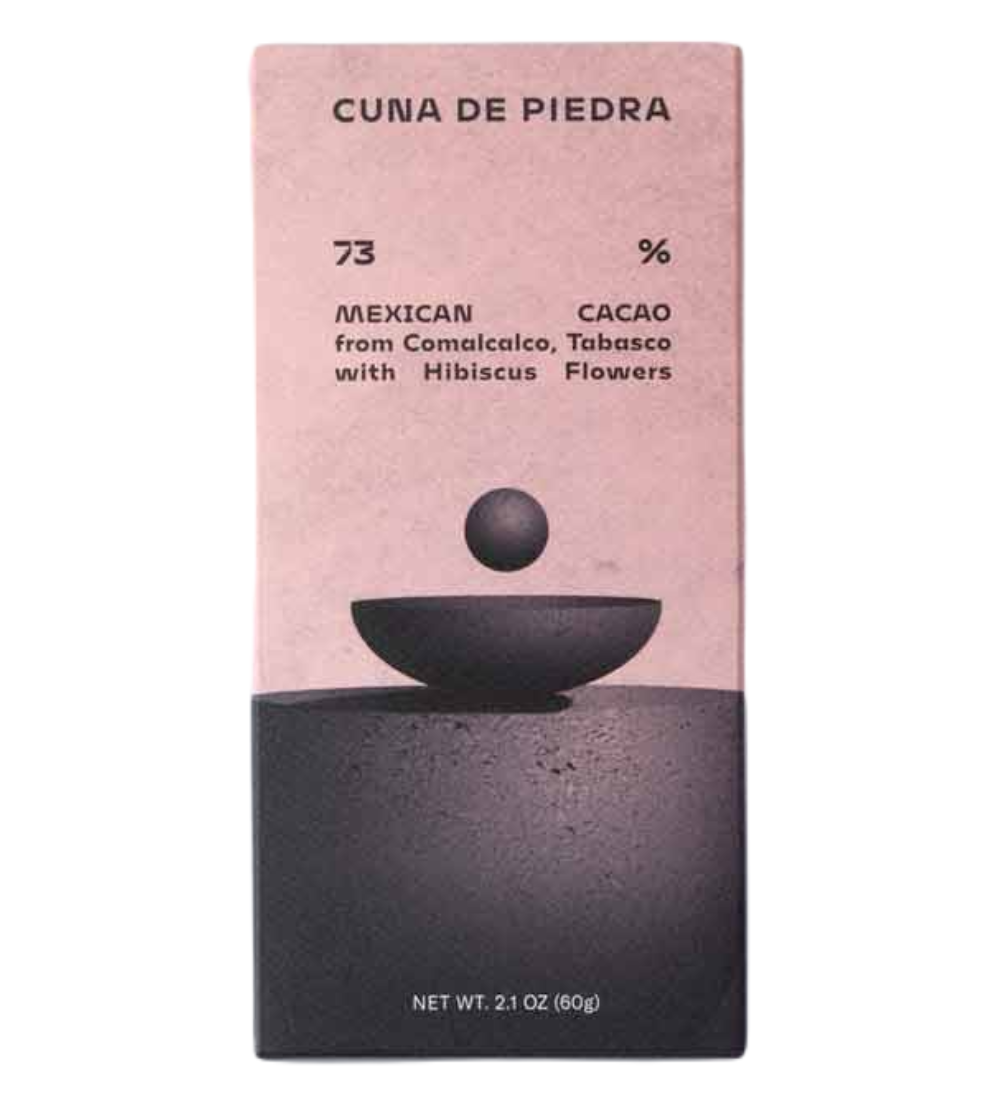Merkén is made from "cacho de cabra" (goat's horn) red peppers that are dried naturally in the sun, smoked over a wood fire, and hung to age prior to grinding. Once reduced to powder or flakes, the peppers are often mixed with salt and roasted ground coriander seed. Merkén originates from the indigenous Mapuche people of the Araucanía region of Chile, though it's become widespread in Chilean cuisine more generally. Its smoky, savory, and spicy combo blends beautifully with the sweeter cinnamon and vanilla notes of this chocolate. This tastes similar to something I imagine ancient Aztecs would have drunk. This is definitely my jam!
Óbolo Merkén Smoked Chili 65%
Cocoa Origin: Peru
Producer Country: Chile
Weight: 80 g
Adding product to your cart
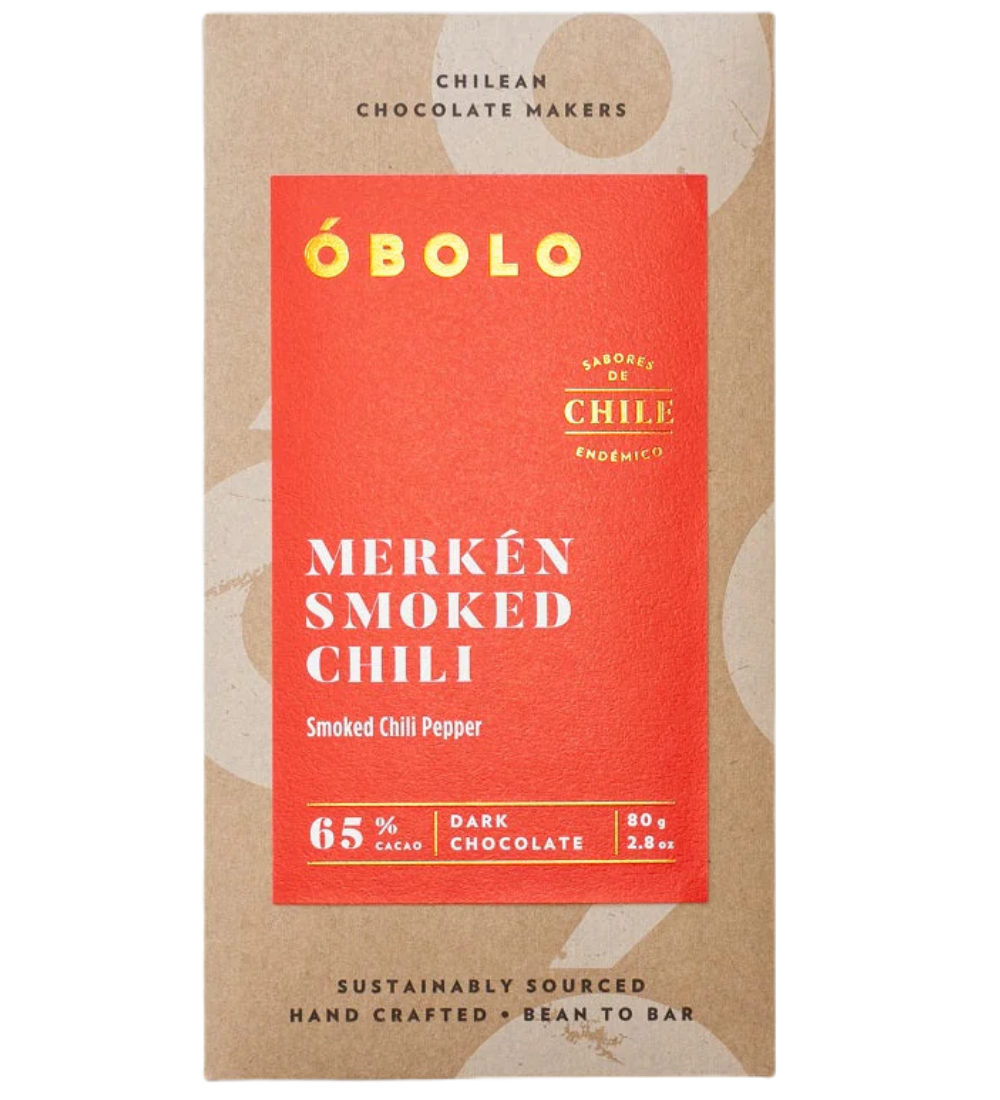
Óbolo Merkén Smoked Chili 65%
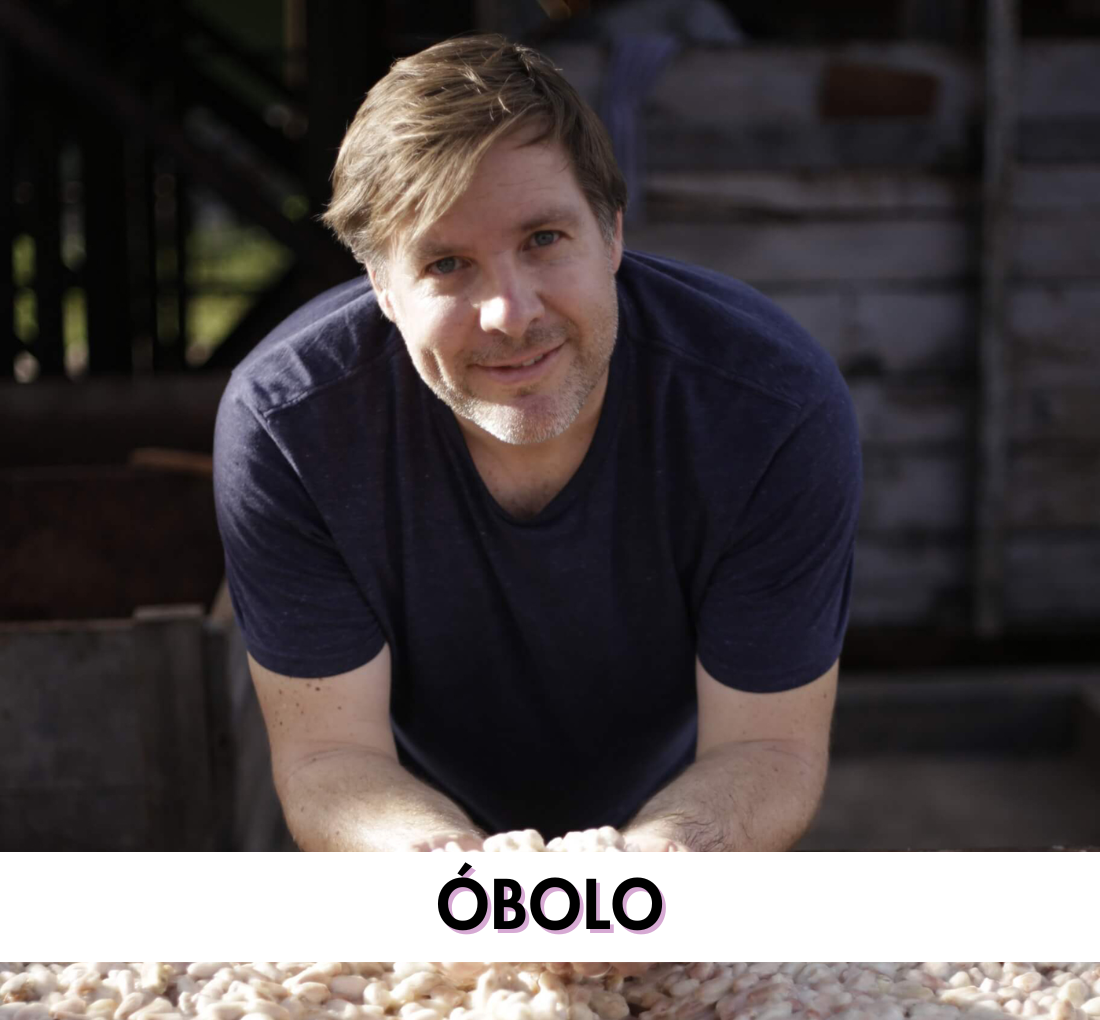
When Mark left for Chile in 2003, he had no idea his three-month vacation would turn into a decade-plus-long adventure exploring Latin America, including three years working in the jungles of Ecuador and ten years with The Nature Conservancy in Chile. Recognizing the absence of authentic, high-quality chocolate production in Chile and the significant carbon footprint of importing foreign brands, Mark embarked on a personal challenge. Drawing on his background in social and environmental ethics, he committed to sourcing beans directly from a cooperative that grows its cocoa in harmony with the Amazon rainforest's biodiversity. Additionally, he designed packaging that is entirely compostable and recyclable. Mark further expressed his love for his adopted country by celebrating its unique and traditional ingredients with a dedicated line of inclusion bars called "Flavors of Chile."
Shop More ÓboloJunín is a department in central Peru, nestled between the Andes Mountains and the Amazon Rainforest. In its western border the mountains are steep and snowy. Towards the east, the landscape shifts to jungle valleys and deep narrow gorges, while high altitude plateaus and mist forests. While parts of Junín experience a typically tropical climate, temperatures here are significantly cooler on average than the rest of the country, with rain occurring statistically more than once every two days. Junín's mountain valleys are rich in minerals but they are also well-suited to the cultivation of crops such as potatoes and corn. Jenín is also home to CAC Pangoa, a prominent coffee and cacao co-op with over 700 contributing members.
